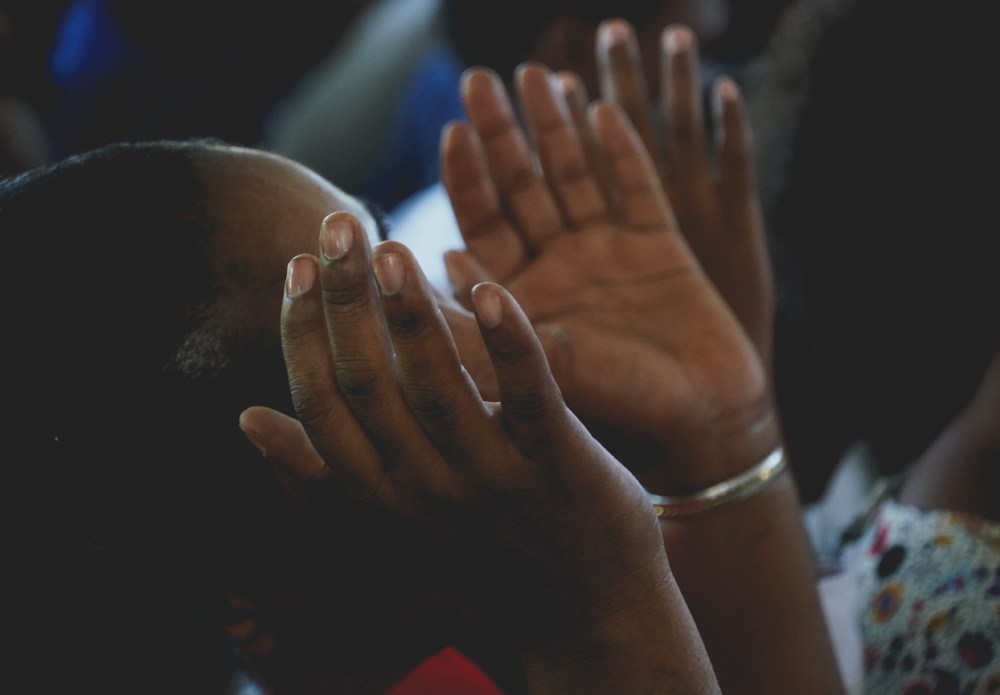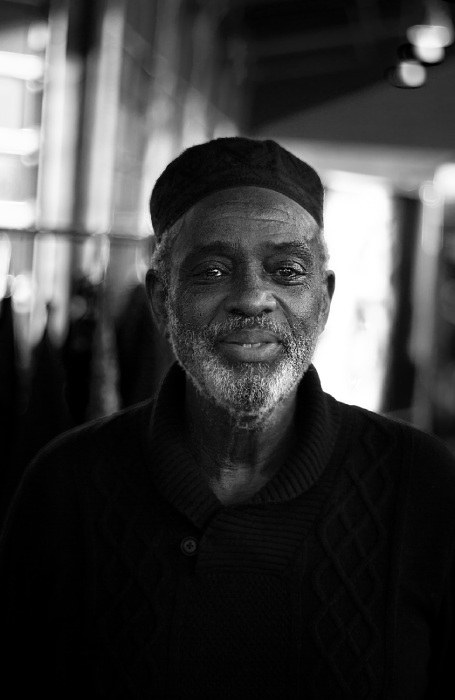Please view our updated COVID-19 guidelines and visiting procedures →.

When the COVID-19 pandemic forced millions into a form of hibernation, many found themselves existing in a much quieter world, some even experiencing long periods of silence. Some have found the opportunity to think and create in that unusually quiet space; others, (for most of us are social beings), have reached out on phones, FaceTime, and Zoom to feel a connection they have missed. Not everyone has that luxury, and many are painfully isolated – often the disempowered, the victimized, the poor, the sick.
Recently, regardless of the extent to which communities have lifted some social distancing restrictions, hundreds of thousands of citizens have been impelled to march en masse to protest violence and discrimination against people of color.
Whether in silence or in clamor, these sentinel events have emphasized the importance of listening to (and really hearing) others, and the importance of speaking up loudly for those who need support.

In this second installment of our series on Spiritual Care in Difficult Times, The Reverend Susan Trucksess, a Connecticut Hospice Pastoral Care Volunteer, examines the profound spiritual connection made when human beings sit in silence together, and the comfort and healing of solidarity, whether words are spoken or not.

Presbyterians are wordy. Presbyterian ministers highly value the Bible as the Word of God, emphasizing Word. Presbyterian preachers preach long verbose sermons (Some might even say “endless.”) Presbyterian pastors use lots of words in conversations and communications with parishioners. (Some might even say “repetitive”). I am a Presbyterian minister...thus I tend to be wordy.
For many years I served in church settings. Then, in retirement, I came to Connecticut Hospice as a volunteer in the Pastoral Care department doing in-home care. I believed I had some experience to offer. Instead I learned I had much to learn... such as about the power of silence.
Naturally, in the course of my vocation, I had spent a lot of time with people in various straits of life, including but not exclusively those who were facing death. Now those at Connecticut Hospice who are moving toward the end of life in their homes are my “parishioners,” and our exchanges can have a different tone, a different quality, to them.



Often I walk into a home or a care center, sit at the bedside, and find that silence will be the most profound medium between the patient and me. Perhaps Mrs. Jones is presently too tired to talk. Maybe Mr. Gonzales has lost the ability to speak. Perhaps Rebecca is too angry or too sad to even look at me. John may be in a coma. What do I say in those situations? What words do I use? Of course, I can and do read from the Bible, the Torah, the Qur’an, if that seems appropriate or desirable. I can offer prayer, a blessing, an anointing, and spoken expressions of comfort and hope. And sometimes, sometimes, I can just sit in silence. As the Persian poet Rumi said,
"The quieter you become, the more you are able to hear".


At first, I have to admit, that seemed awkward. No words, no response. What was I doing there? What was I offering? Accomplishing? Nothing fancy, nothing bold, nothing noteworthy. It was humbling. And then I realized that was exactly the point, that is the point. In these moments I am sharing in the very human condition.
Each of us there - the patient and I - are going to die. Perhaps one sooner than the other, but each of us is living in the movement toward death. I am overwhelmed by a feeling of connectedness, of tenderness.
When two people (or more) know that we are in the process of being human, there is something that can happen between us. Something big, something grand, something tenderizing can take place in our midst. A kind of joy. All the things that normally distance us from one another become small and insignificant.
We will not be here forever, but we are here together now, and Spirit is with us. There can be joy in the midst of suffering, and life in the presence of death, as the wonder of life, death, and the mystery of life beyond death unfolds for all of us.

This is part of what Connecticut Hospice is all about - and it comes in many forms of caring for patients and families - with words, and without. It comes in a touch, a bandage, an injection, a bath, a warm meal, a smile, an assurance, a hope, a prayer. It comes from nurses and doctors, social workers, administrators, chaplains, aides, volunteers who cut hair, bring art supplies, music, (or dogs), transport to appointments. It comes through in-person interactions and in phone calls. It is soft and it is firm, compassionate and professional. It is caring and tending and accompanying. It is the Connecticut Hospice way. And we would be honored to serve you should you need us.
Peace and blessing, The Rev. Susan Trucksess, Pastoral Care Volunteer.
To read more on Presbyterianism: https://en.wikipedia.org/wiki/Presbyterianism
To find out more about 13th Century Persian poet Rumi's works: Rumi - America's best-selling poet
Rumi's life, death and legacy: Rumi biography
Writings on stillness: Stillness as action
Pablo Neruda on being quiet: Sylvia Boorstein reads Pablo Neruda poem
How U.S. Representative and civil rights leader John Lewis learned to use words for change: Excerpts from 'Preaching to the Chickens'

As a not-for-profit, we depend on generous donors to help us provide customized services and therapies that aren’t completely covered by Medicaid, Medicare, or private insurance.
Please make a gift to help us sustain the highest standard of care.
Admissions may be scheduled seven days a week.
Call our Centralized Intake Department: (203) 315-7540.